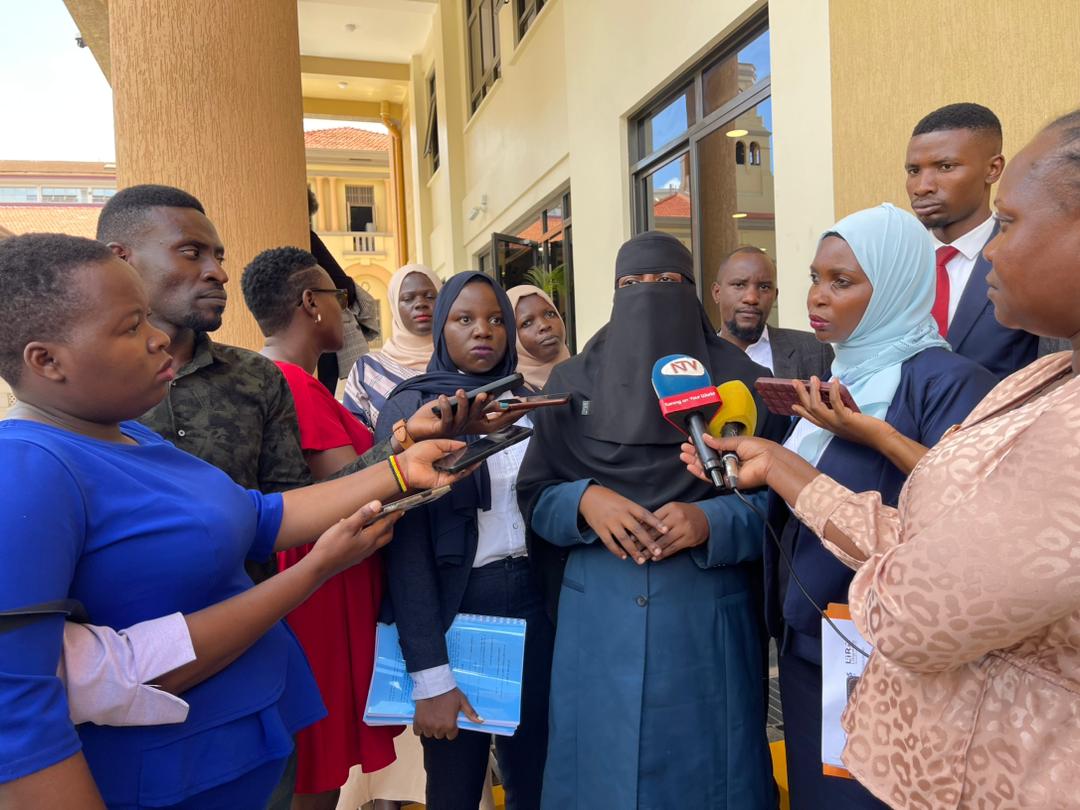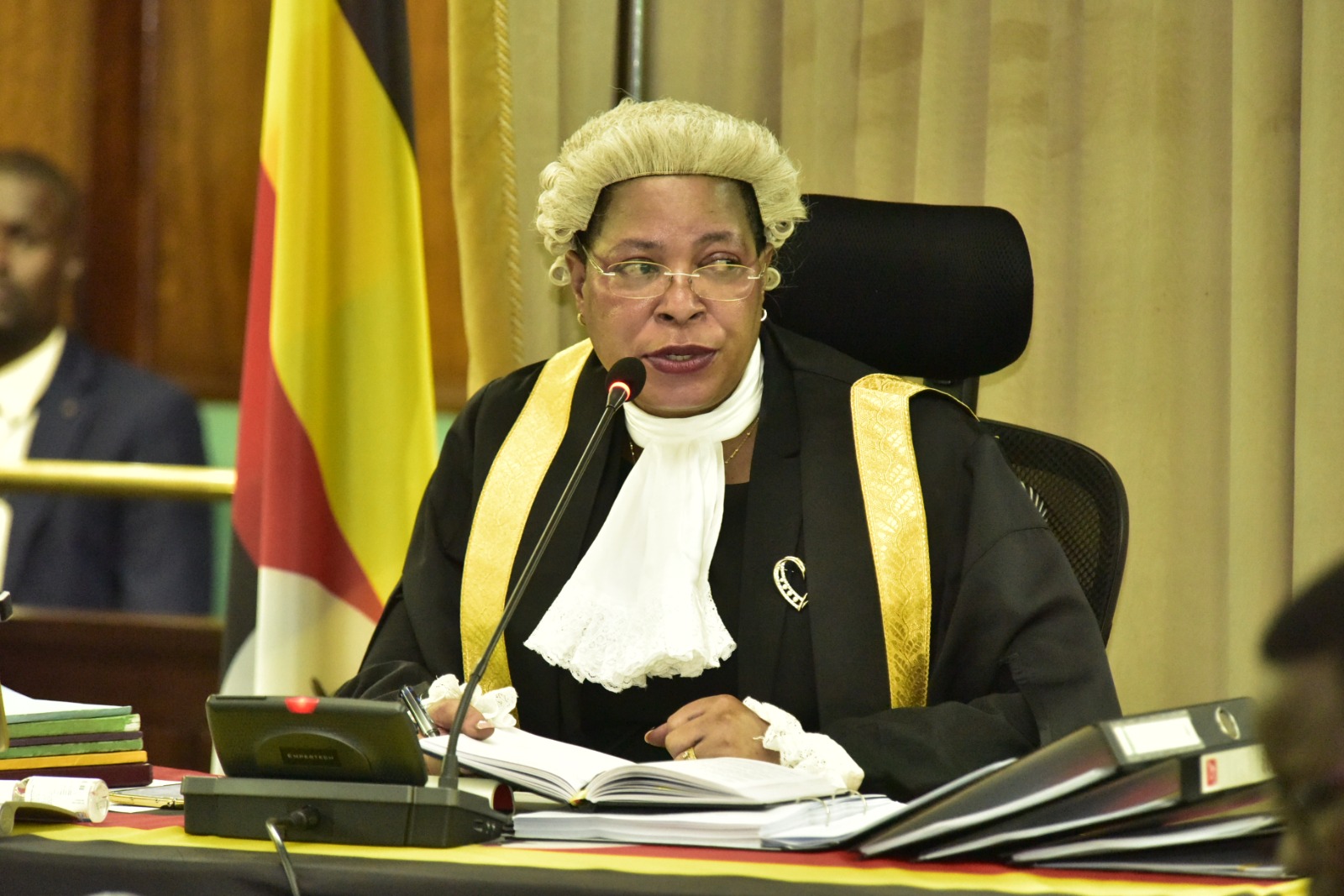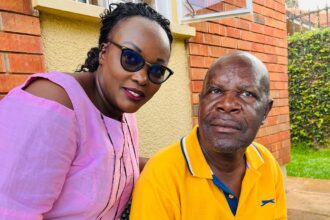The Islamic Women’s Initiative for Justice, Law and Peace (IWILAP) together with Mwanga Mastullah Ashah have filed a Constitutional petition seeking to address the critical need for the implementation of formalized Qadhis’ courts as mandated under Article 129 (1)(d) of the Constitution of the Republic of Uganda.
It should be remembered that in the absence of formalized Qadhis’ courts, the Uganda Muslim Supreme Council leadership, established informal Qadhis’ courts to enforce Islamic Family Laws.
These are presided over by Imams and religious leaders who have no basic training in justice and adjudication of matters, counseling, mediation, gender responsiveness, and dispute resolution.
In this petition, IWILAP and Mwanga Mastullah Ashah contend that the delay in enacting the Administration of Muslim Personal Law Bill poses serious implications for Muslim women in Uganda.
Fattinah Nakitende, Lawyer at Islamic Women’s Initiative for Justice Law and Peace revealed that the Government and parliament put in place courts to handle Muslim disputes especially family matters aka Quadhi courts however presently, informal Qadhis courts operate without proper regulation or legal framework.
“These courts lack oversight and accountability, leading to issues of gender discrimination, biased judgments, and limited access to justice, particularly for women who are the majority litigants. We strongly believe that all affairs of the country should be anchored on constitutionalism without which there cannot be equity and justice. With legal aid extended to communities, IWILAP has encountered various Muslim women and girls who have experienced numerous challenges from the informal Qadhis’ courts,” she said.
She added that the perpetrators have continued to find no reason to have hearings from these courts due to their informal nature. This is contrary to Surah An-Nisa (Chapter 4), particularly verses 58-59: “.. when you judge between people, judge with justice…”
The Constitution of the Republic of Uganda in article 33. (1) states that women shall be accorded full and equal dignity of the person with men. (2) The State shall provide the facilities and opportunities necessary to enhance the welfare of women to enable them to realize their full potential and advancement.
“We are concerned that several Muslim women have not been in a position to benefit from the intention of this article and thus failed to access justice, particularly Sexual Reproductive Health and Rights which are considered sensitive by the informal Qadhi courts,” she added.
IWILAP condemns the misuse and misinterpretation of Islamic laws in these informal courts, which often result in unfair decisions that do not align with fundamental human rights principles.
According to Nakitende, the absence of female representation as judges further exacerbates the gender disparities in the adjudication of family matters. It should be universally agreed that Islamic law provides and promotes gender equality that should be reflected in the setting up and use of Qadhis’ Courts. Spiritually, Surah Al-Ahzab (33:35) provides for the equality of men and women before God.
With a focus on promoting justice and equality within Muslim family law, IWILAP has initiated this petition to compel the State to expedite the enactment of the Administration of Muslim Personal Law Bill.
She added that the establishment of formal Qadhis’ courts is crucial in upholding gender equality, promoting justice, and protecting the rights of Muslim women and girls.
Through the constitutional court process, IWILAP aims to secure a court order directing the Executive and Parliament to enact the necessary legislation to formalize Qadhis’ courts within a reasonable timeframe. This proactive step is essential in safeguarding the rights and interests of the Muslim community in Uganda.
IWILAP remains committed to providing legal aid and advocacy services to promote family law justice within the Muslim community. We are passionate about fighting for justice for Muslim women and girls. Muslim family laws within a framework of justice and equality are necessary and possible in the proposed Qadhis’ courts because equality and justice are core Islamic principles.
“We urge the authorities to treat this matter with the utmost urgency and prioritize the enactment of the Administration of Muslim Personal Law Bill for the establishment of formal Qadhis courts in Uganda as this touches on fundamental rights and freedoms,” she noted
Do you have a story in your community or an opinion to share with us: Email us at Submit an Article







